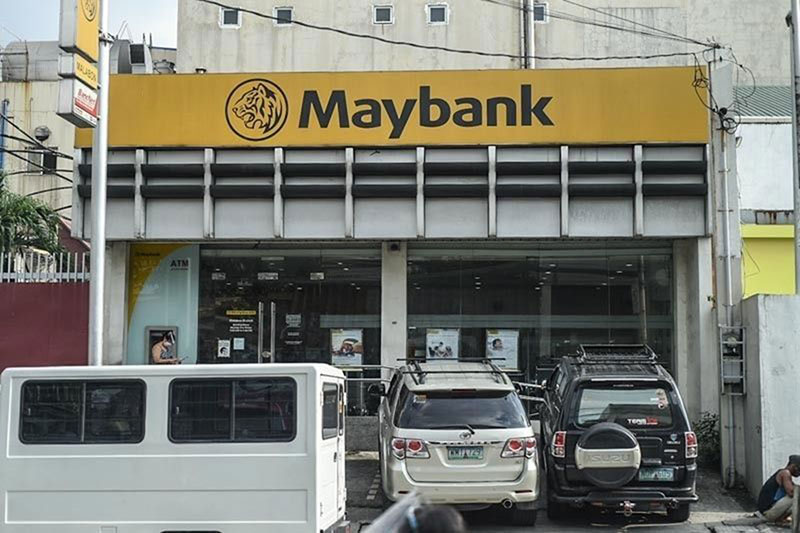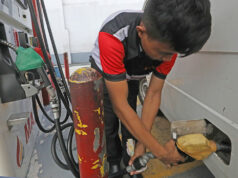Maybank Philippines, foreign entity seek to obtain Islamic banking licenses

TWO ENTITIES have expressed interest in obtaining Islamic banking licenses, Bangko Sentral ng Pilipinas (BSP) officials said on Wednesday.
“We are seeing two potential applicants, but they have not yet submitted applications. But we have held meetings with them already, discussing the requirements for establishing Islamic banking units,” BSP Assistant Governor Arifa A. Ala said at a press briefing on Wednesday.
One of these is Maybank Philippines, which is seeking to set up an Islamic banking window, while the other is a foreign applicant, Ms. Ala said. Their applications are in the advanced stages of discussion, she added.
The only lenders with Islamic banking operations in the country are the state-owned Al Amanah Islamic Investment Bank and CARD Bank, Inc., which opened an Islamic banking branch in Cotabato City this year.
“We would like to have more because for the longest time, we only have one Islamic bank in the name of Al Amanah Islamic Investment Bank. Now we have two because CARD Bank has an Islamic banking unit,” Ms. Ala said.
According to BSP data, about 29% of local government units remain unbanked. The Bangsamoro Autonomous Region in Muslim Mindanao (BARMM) is the most unbanked region, followed by Eastern Visayas.
In BARMM alone, 92% of the population is unbanked and only 8% have bank accounts.
“I think by introducing Islamic banking, we can bring more people into the formal banking system. The most attractive banking instruments for (BARMM) would be Islamic banking,” BSP Governor Eli M. Remolona, Jr. said at the same briefing.
Islamic banking must be compliant with principles of Shari’ah Law. In Islamic banking, interest is prohibited, while in conventional banking, interest is the main source of income.
“Basically, it means whenever you have an instrument or an asset, instead of paying interest, you’re paying profit based on some underlying asset,” Mr. Remolona said.
Ms. Ala said Islamic banking is also not exclusive to Muslims and can be tapped by all religions.
“But for the non-Muslims, Islamic banks can be alternative investment options, because essentially, Islamic banking is about sharing of profit and cost,” she added.
The BSP is also working on educating the public on Islamic banking, she said.
“We recognize that the main hindrance in promoting Islamic banking and finance is the low awareness or low understanding,” Ms. Ala said.
“What we want to do is create an inclusive banking system, a sustainable and vibrant Islamic finance ecosystem within the country to complement the banking system we already have,” Mr. Remolona added.
Meanwhile, the BSP chief said issuing Sukuk bonds in the domestic market is a “good idea.”
“I think it has a good chance in the Philippines as a peso instrument instead of just a dollar instrument. Maybe it should be retail — maybe small denominations,” he added.
In December, the government raised $1 billion from its maiden issuance of Sukuk bonds. — Luisa Maria Jacinta C. Jocson



